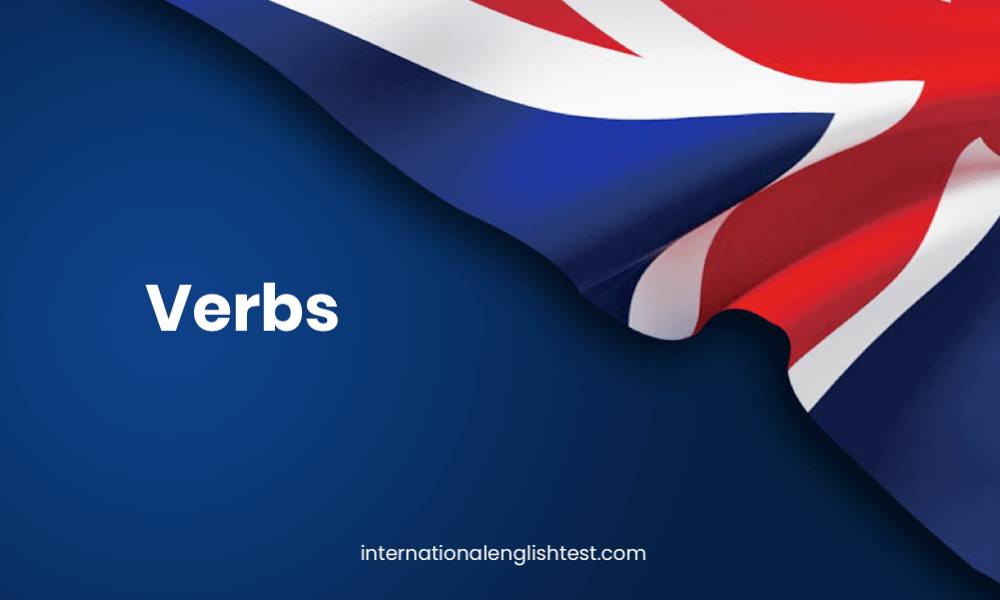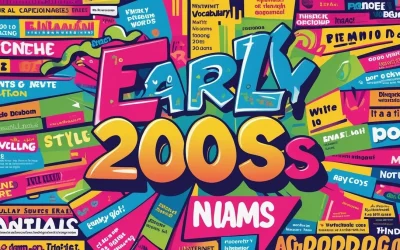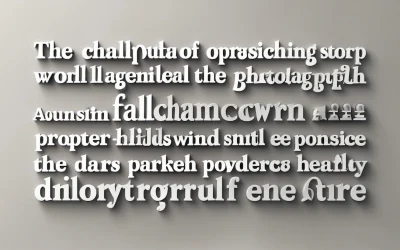One of the most essential aspects of mastering the English language is learning how to use verbs correctly. Verbs convey actions, states, and occurrences, making them fundamental to both speaking and writing. Choosing the right verb tense and conjugating verbs accurately can be a challenge for learners, especially when preparing for an English proficiency exam such as the International English Test (IET). In this article, we will explore the different types of verb tenses in English, their uses, and how to form them.
Present Tenses in English
Simple Present Tense
The simple present tense is used for habitual actions, general truths, and routines. It describes something that happens regularly or something that is always true.
Examples:
- They walk home.
- She drinks coffee every morning.
Present Continuous Tense
The present continuous tense describes actions happening right now or around the current time. It’s formed using the verb “to be” + verb-ing.
Examples:
- They are walking home right now.
- I am studying for my exam.
Present Perfect Tense
The present perfect tense connects past actions to the present. It is used for actions that happened at an unspecified time in the past or actions that have an effect on the present.
Examples:
- I have lived here since 1987.
- She has finished her work.
Present Perfect Continuous Tense
The present perfect continuous tense is used to emphasize the duration of an action that started in the past and continues into the present.
Examples:
- I have been living here for years.
- They have been working on the project all day.
Past Tenses in English
Simple Past Tense
The simple past tense is used to describe completed actions that happened at a specific time in the past.
Examples:
- Peter lived in China in 1965.
- They visited the museum yesterday.
Past Continuous Tense
The past continuous tense is used to describe actions that were happening at a specific moment in the past. It is also used to set the scene in the past.
Examples:
- I was reading when she arrived.
- He was working at 10 pm last night.
Perfect Tenses in English
Past Perfect Tense
The past perfect tense describes an action that was completed before another past action. It is formed with had + past participle.
Examples:
- We had been to see her several times before she visited us.
- They had left before I arrived.
Past Perfect Continuous Tense
The past perfect continuous tense is used to show the duration of an action that was ongoing before another action in the past.
Examples:
- He had been watching her for some time when she turned and smiled.
- We had been waiting for hours before the train arrived.
Future Perfect Tense
The future perfect tense is used to express an action that will be completed before a specific point in the future.
Examples:
- We will have arrived in the States by the time you get this letter.
- She will have finished the project by tomorrow.
Future Perfect Continuous Tense
The future perfect continuous tense emphasizes the duration of an action that will be ongoing until a future point.
Examples:
- By the end of your course, you will have been studying for five years.
- They will have been working for hours by the time you arrive.
Future Tenses in English
Simple Future Tense
The simple future tense is used to express actions that will happen at a later time. It is formed with will or shall + base verb.
Examples:
- They will go to Italy next week.
- I will call you later.
Future Continuous Tense
The future continuous tense is used to describe an action that will be happening at a specific time in the future.
Examples:
- I will be travelling by train.
- She will be attending the conference tomorrow.
Conditional Tenses in English
Zero Conditional
The zero conditional is used to talk about general truths or scientific facts. It uses the present simple tense in both the condition and the result.
Examples:
- If ice gets hot, it melts.
- If you mix red and blue, you get purple.
Type 1 Conditional
The type 1 conditional talks about possible or likely situations in the present or future. It uses the present simple tense in the condition and will + base verb in the result.
Examples:
- If he is late, I will be angry.
- If it rains tomorrow, we will stay indoors.
Type 2 Conditional
The type 2 conditional talks about hypothetical or unlikely situations. It uses the past simple tense in the condition and would + base verb in the result.
Examples:
- If he was in Australia, he would be getting up now.
- If I won the lottery, I would travel the world.
Type 3 Conditional
The type 3 conditional talks about past situations that didn’t happen. It uses the past perfect tense in the condition and would have + past participle in the result.
Examples:
- She would have visited me if she had had time.
- If I had studied harder, I would have passed the test.
Mixed Conditional
The mixed conditional is a combination of different time frames. It is used to express a hypothetical situation in the past and its present result.
Examples:
- I would be playing tennis if I hadn’t broken my arm.
- If she had studied harder, she would be in a better job now.
The -ing Forms in English
Gerund
A gerund is the -ing form of a verb that functions as a noun. It is used to describe activities or actions in a general sense.
Examples:
- I like swimming.
- She enjoys reading books.
Present Participle
The present participle is used for continuous tenses or as an adjective.
Examples:
- She is going running every morning.
- The children are playing in the park.
Infinitives
The infinitive form of a verb is often used after certain verbs, adjectives, and nouns, or to express purpose.
Examples:
- I want to learn English.
- She hopes to visit Japan next year.
Passive Voice in English
The passive voice is used when the subject of the sentence is acted upon rather than performing the action. It’s formed with a form of the verb to be + past participle.
Examples:
- The book was read by the student.
- The cake is being made by my mom.
Verbs and Your English Proficiency
Understanding and using the correct verb tenses is crucial for mastering English, especially when taking exams like the International English Test (IET). In both the speaking and writing sections of the IET, accurate verb tense usage demonstrates your proficiency and ability to communicate effectively. Make sure to practice the verb tenses mentioned in this article to improve your English level.
Test Your English: Assess your skills with the International English Test (IET) to determine your proficiency level, from A1 to C2, and get your official English certificate. Whether you’re a beginner or an advanced learner, mastering verb tenses is a key step in becoming fluent in English.
I am Nilay, an experienced English Language Assessment Director at the International English Test, where I have been working full-time since February 2020. I specialize in helping people worldwide validate their English proficiency through comprehensive assessments and certifications.
Before joining the International English Test, I worked as a self-employed English Language Assessment Consultant from January 2015 to December 2019. During this time, I assisted companies and individuals in improving their language skills, helping them achieve their academic and professional goals.
I hold a degree in Engineering and have also studied at Shafston International College in Australia. My educational background has equipped me with the tools to make a meaningful impact in the field of English language learning. Additionally, I enjoy sharing my expertise through articles that explore effective teaching methods and language assessment strategies, contributing to the International English Test and the broader assessment community.




